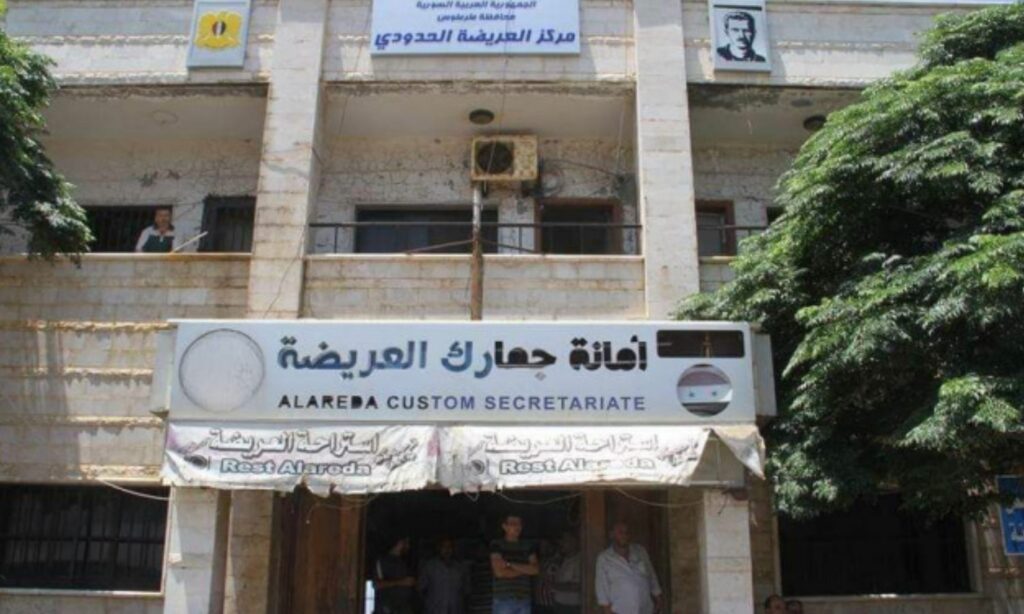Lebanon’s Minister of Public Works in the caretaker government, Ali Hamieh, announced the reopening of the al-Arida crossing from the Syrian side located in the Tartus governorate.
Hamieh stated today, Monday, December 2, that the crossing is now passable and that Lebanese citizens in Syria can return to Lebanon.
The director of the crossing from the Syrian side, Hassan Barhoum, confirmed the start of allowing the return of displaced persons only towards Lebanon through the al-Arida crossing, as the Lebanese side is currently not ready to fully open the movement.
Barhoum pointed out that the Lebanese side will need several days to fully resume operations at the crossing.
The Secretary-General of the Tartus governorate, Hassan Nadeem Hassan, stated that the governorate, through the Directorate of Technical Services, Water Resources, and the General Company for Roads and Water Projects, has removed rubble and debris from the public site, tasking the Directorate of Technical Services with preparing the necessary technical studies to rehabilitate the damaged buildings.
On November 27, several border crossings between Syria and Lebanon, including the al-Arida crossing in Tartus, were bombed by Israel, resulting in six deaths and 28 injuries.
In recent times, the Israeli army has intensified its strikes on targets in Syria in a clear attempt to cut off weapons supplies to the Lebanese Hezbollah.
The Syrian-Lebanese border has been subjected to repeated bombardments by Israeli warplanes, in an effort to sever Hezbollah supplies coming from Syria, with dozens of strikes targeting official and unofficial crossings between the two countries.
During a speech announcing a ceasefire in Lebanon, Israeli Prime Minister Benjamin Netanyahu stated, “As for Syria, we are thwarting Iran and (Hezbollah) and the Syrian army’s attempts to smuggle weapons into Lebanon; al-Assad must understand that he is playing with fire.”
Meanwhile, Israeli army spokesman Avichai Adraee stated that Hezbollah exploits civilian crossings to transport weapons sourced from Iran through Syria, utilizing these military means in “terrorist acts” against Israeli forces operating in Lebanon.
Along the border, there are illegal crossings that have been used over the past years for human, goods, arms, and Captagon drug smuggling, in addition to six legal crossings used for commercial transactions and civilian passage.

